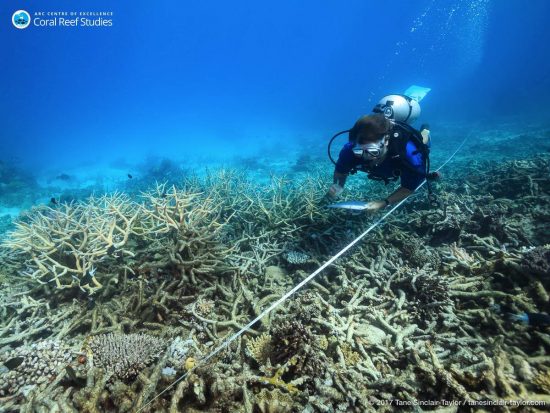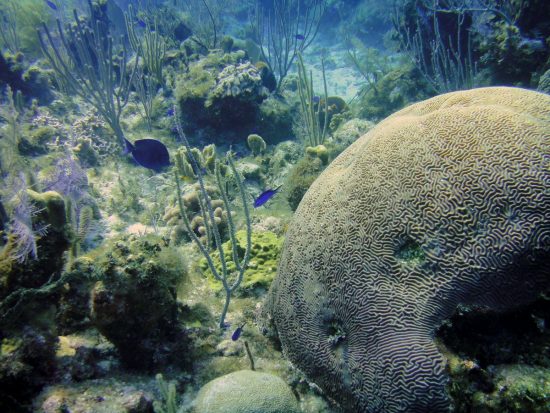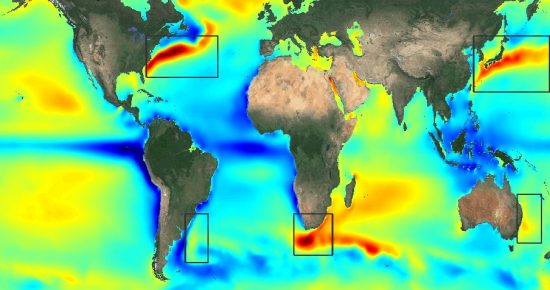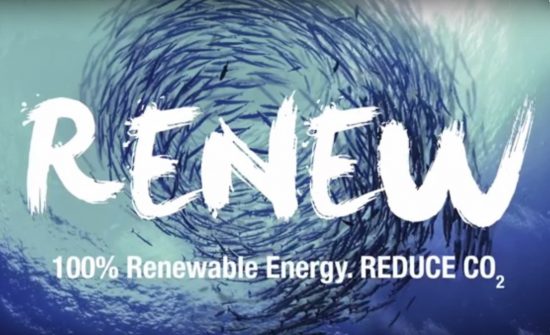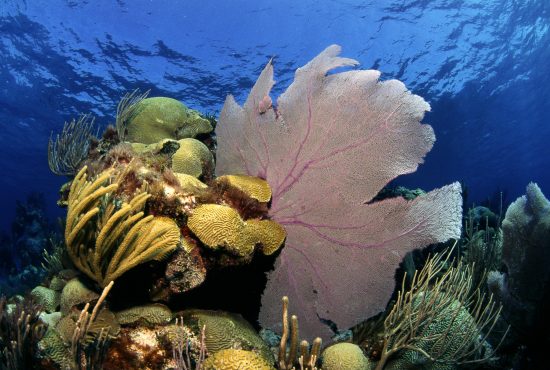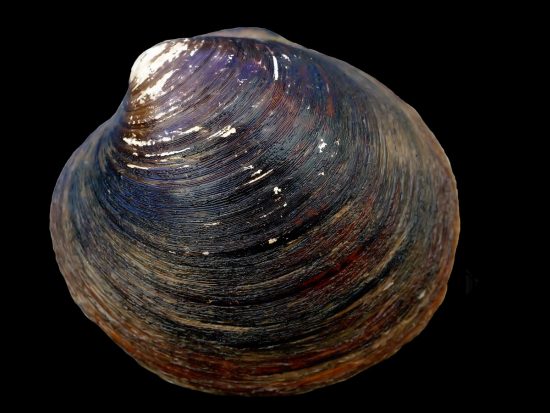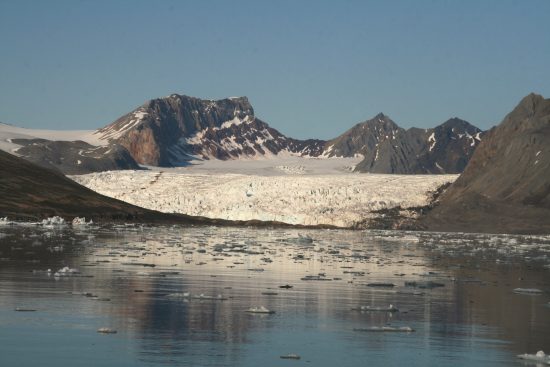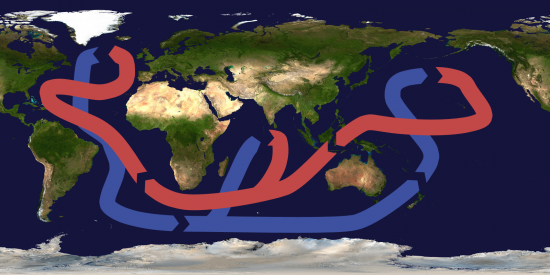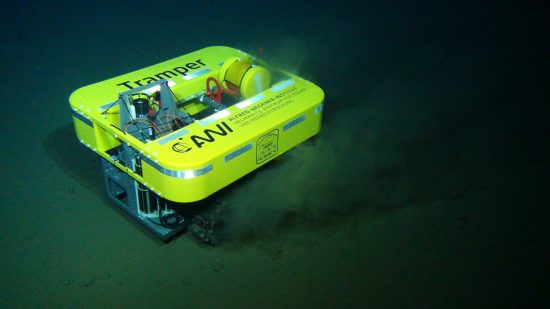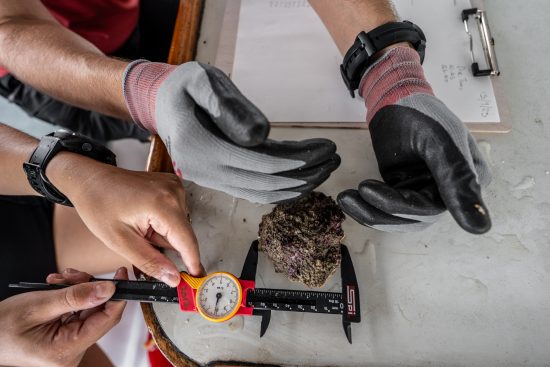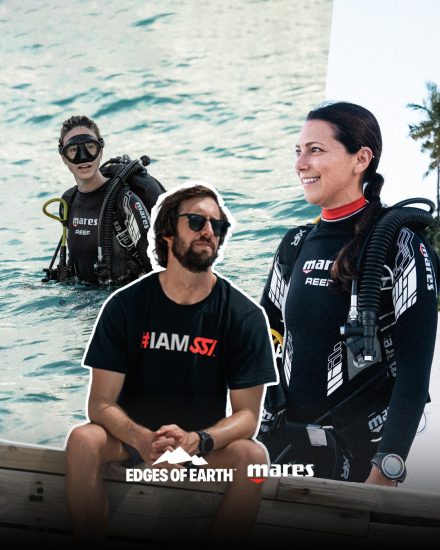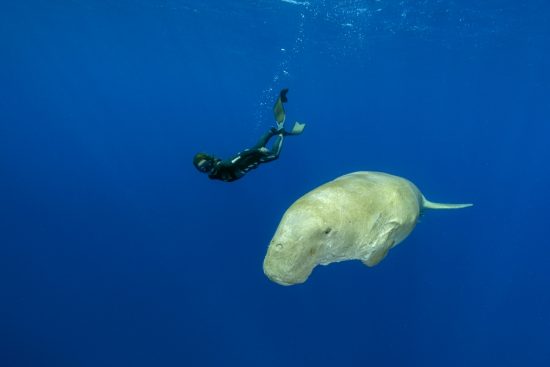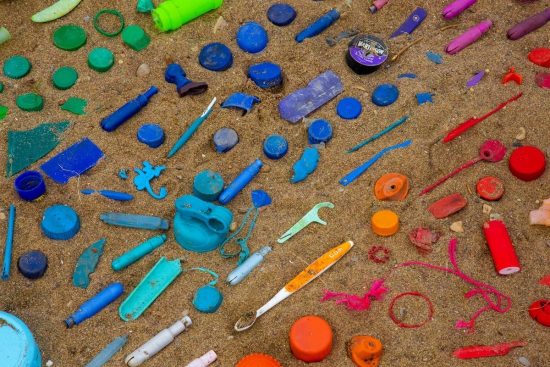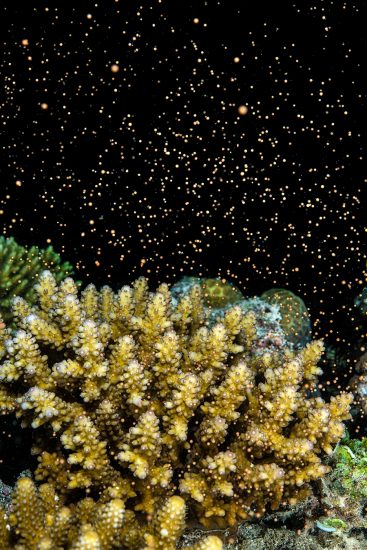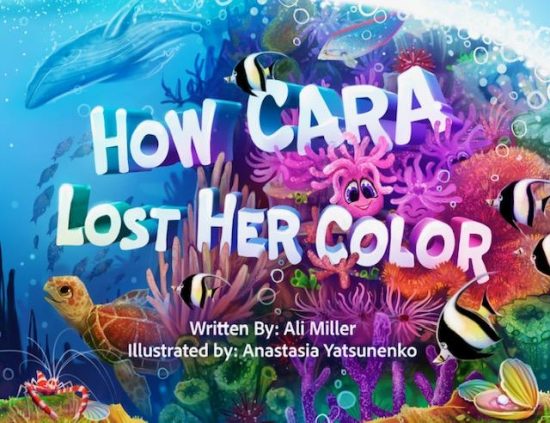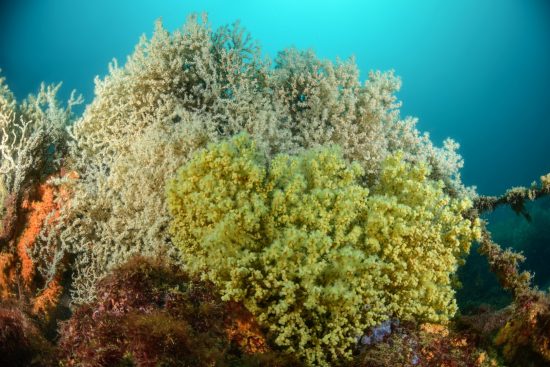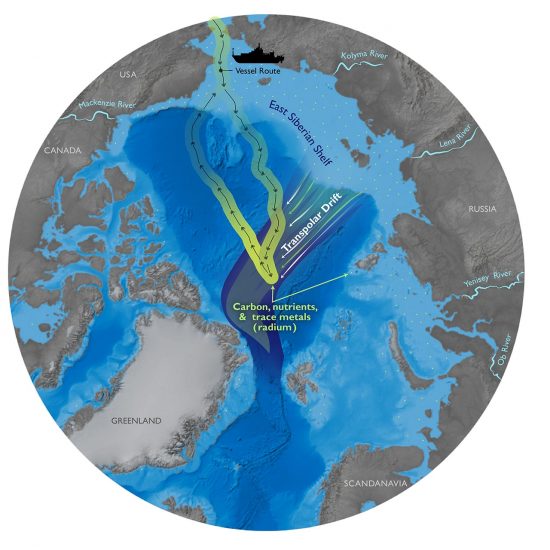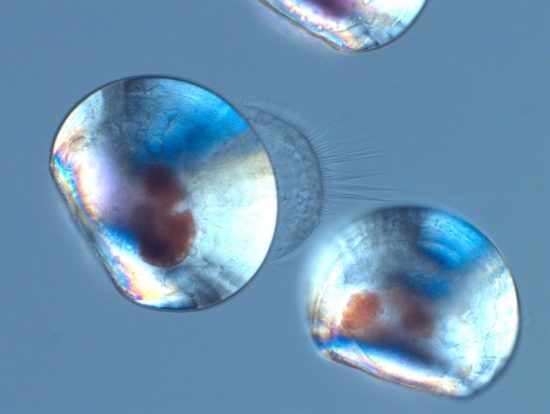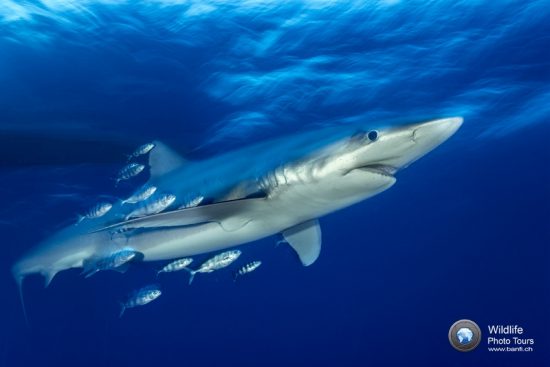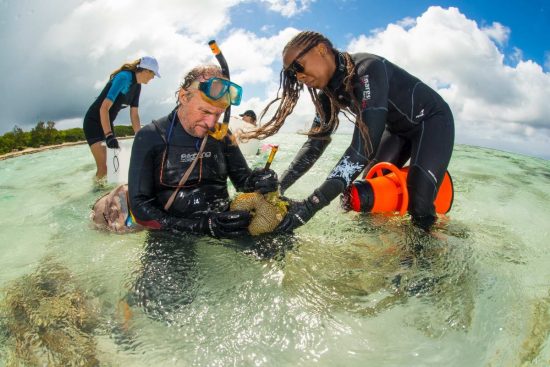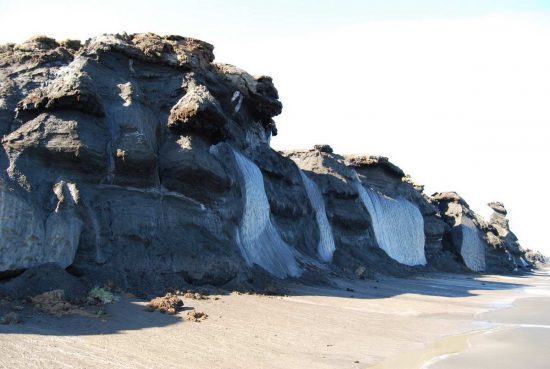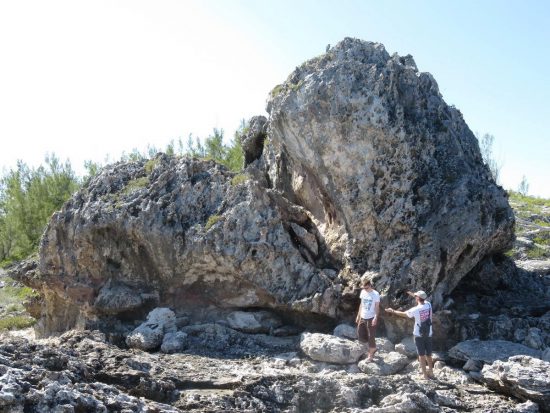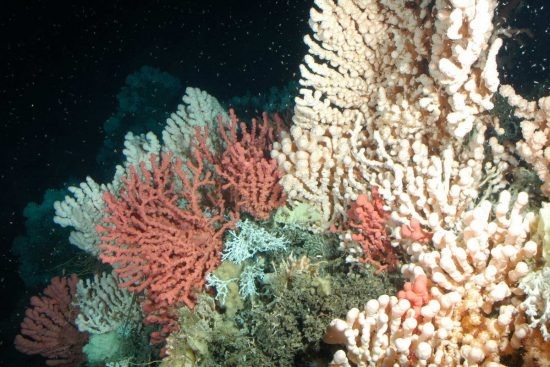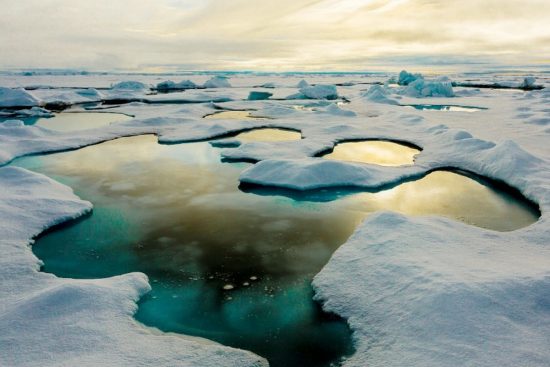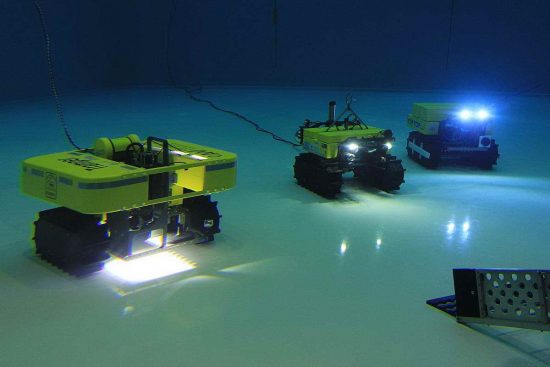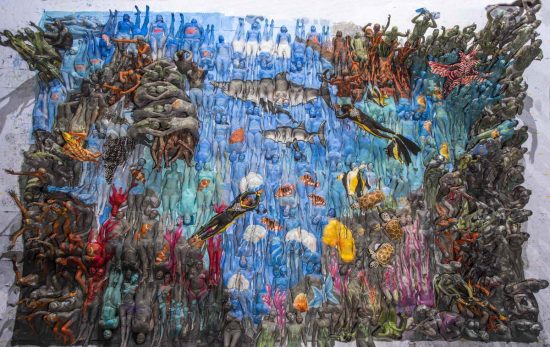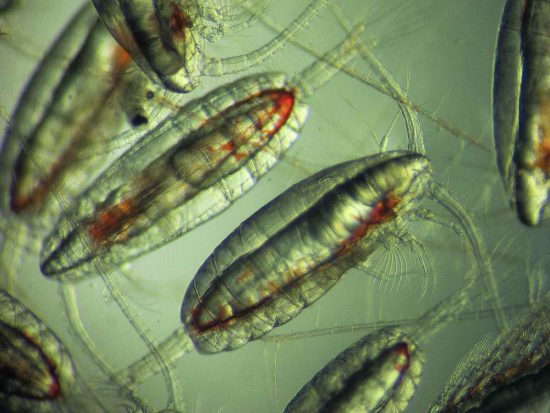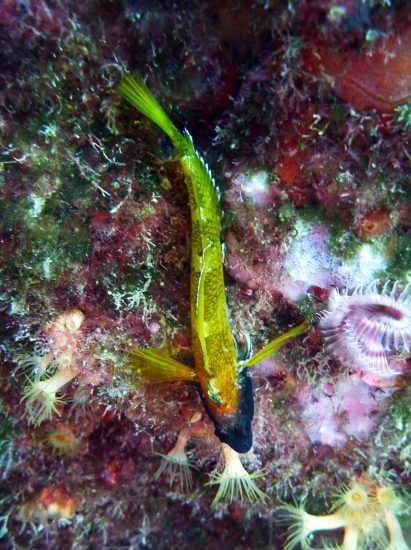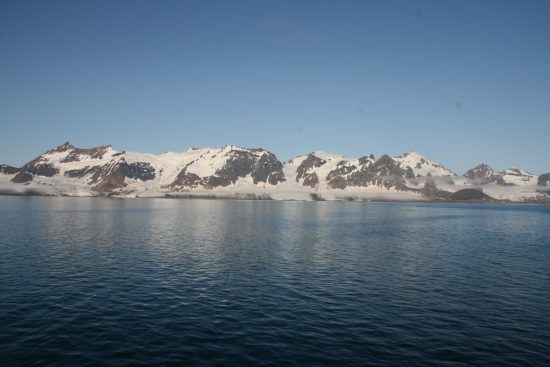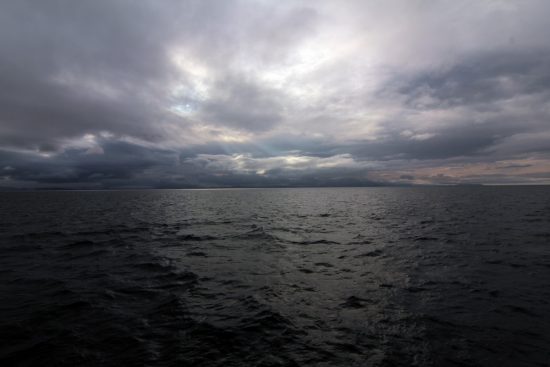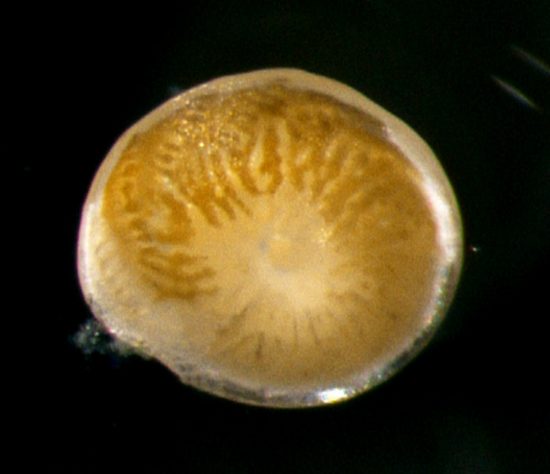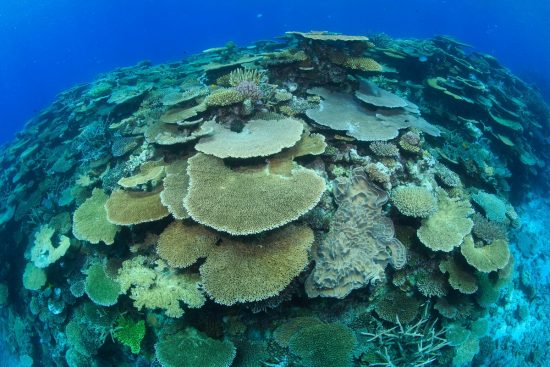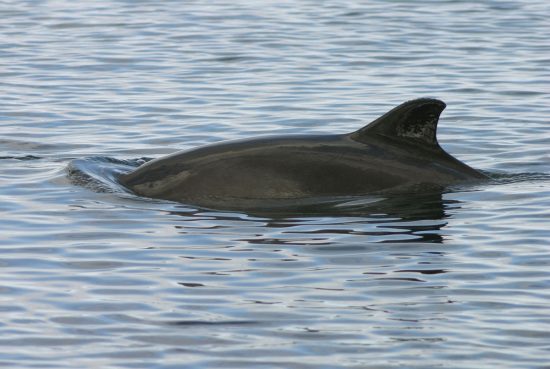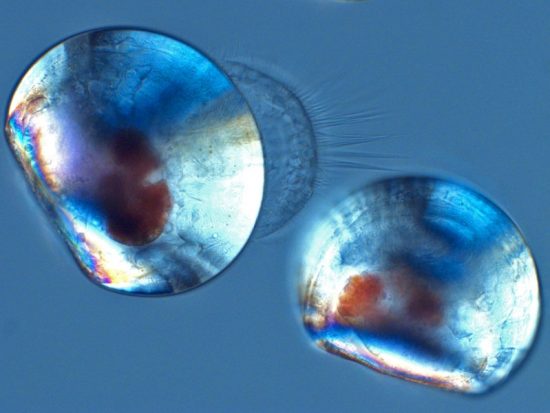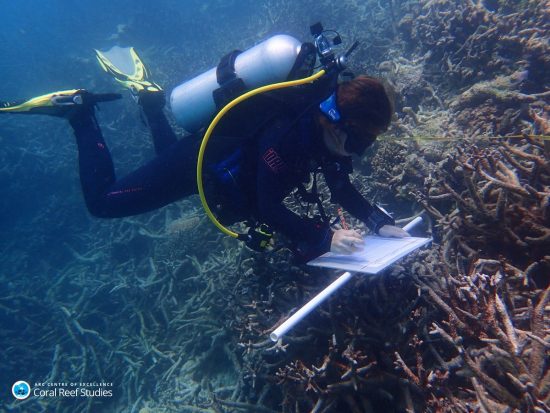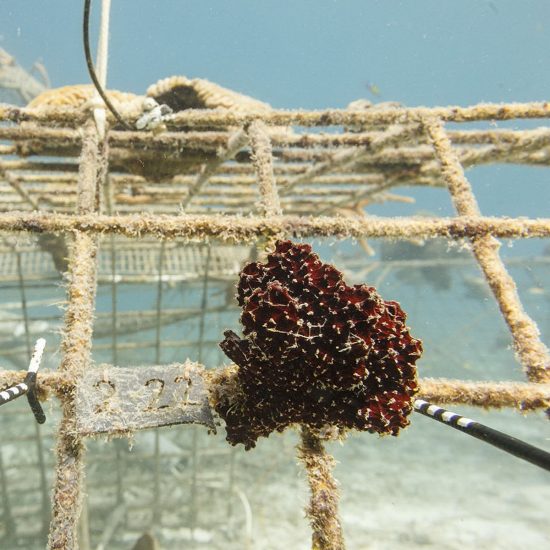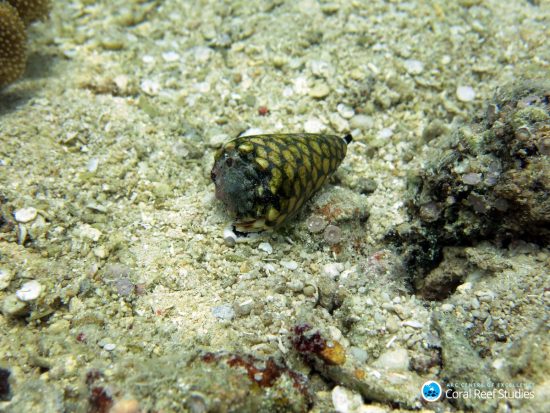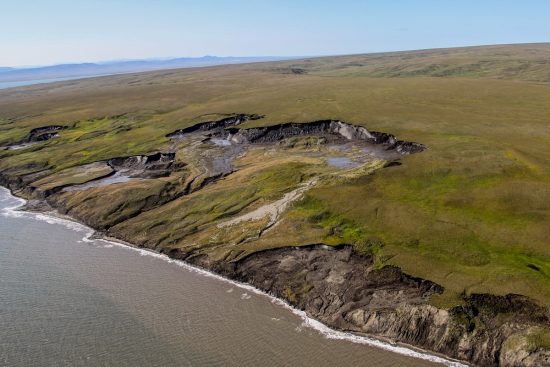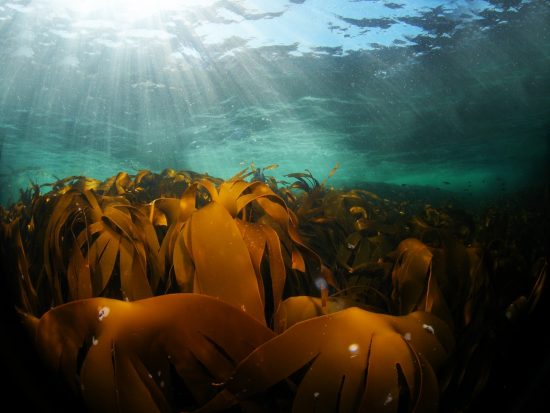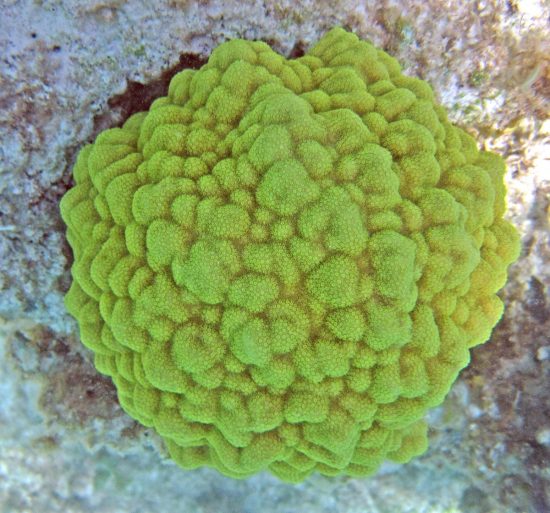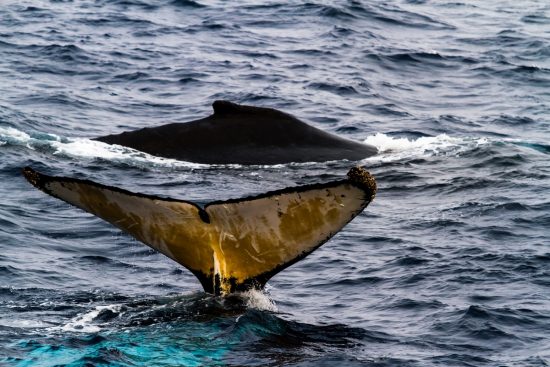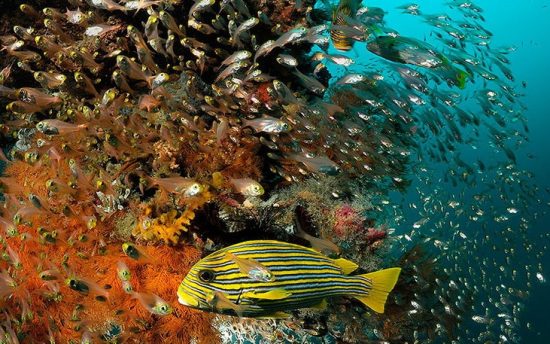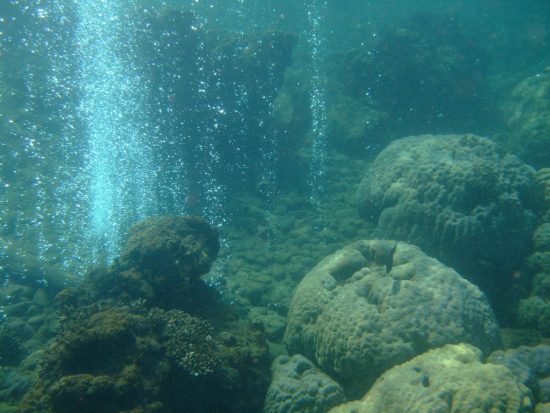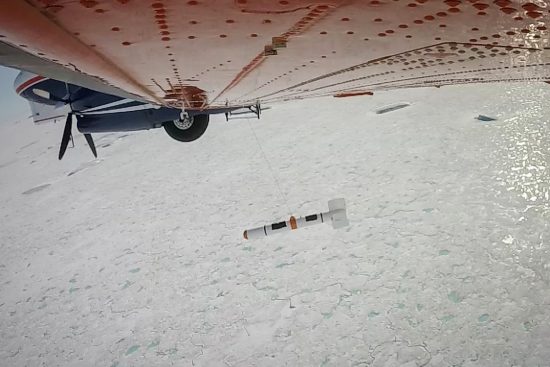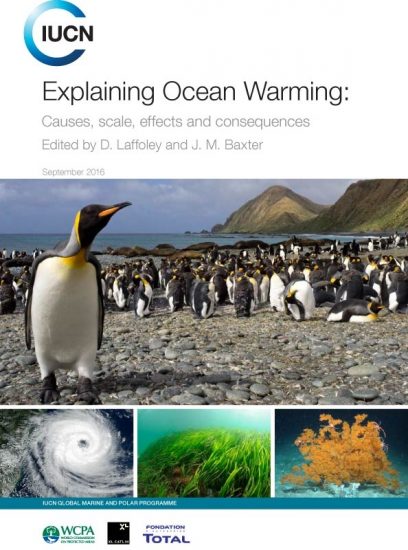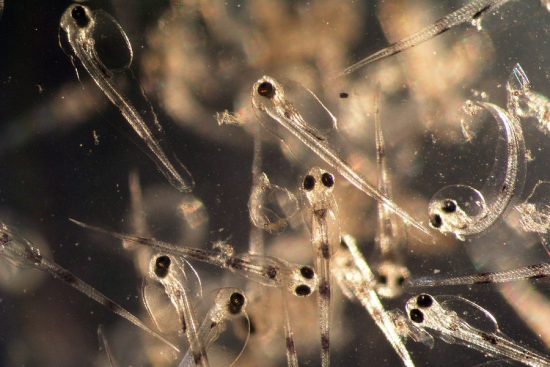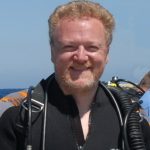
World Heritage Sites: Climate change threatens the most beautiful places on earth
by Herbert - 16th November 2017
Number of World Heritage sites affected by climate change almost doubles in three years According to a report published by…
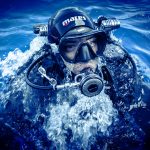
Environmental factors, not just climate change, can also affect isotopic composition of corals
by Mares - 28th September 2016
Important details found in calcium carbonate skeletons of corals The calcium carbonate skeletons of corals retain important details about their…

Climate change modifies ocean currents
by Mares - 1st July 2016
Asia to get warmer and stormier Global warming is causing a change in some ocean currents. Scientists have shown that…

The RENEW tour travels to Paris for climate change talks in November
by Mares - 19th October 2015
At the World Climate Conference in Paris this November, world leaders will hold discussions on limiting the increase in global…

Climate Change: Ocean Collapse irreversible?
by Herbert - 8th July 2015
Oceans Will Collapse If Greenhouse Gas Emissions Are Not Reduced It's been confirmed: Even if we were to reduce our…

Changes in atmospheric CO2 concentration can cause temperature fluctuations
by Mares - 22nd June 2017
Scientists use climate models to investigate fluctuations During the last Ice Age, the influence of atmospheric carbon dioxide on the…

Clam shells used to compile 1,000 yr record of ocean climate
by Herbert - 19th December 2016
As a postdoctoral researcher at Bangor University in Wales from 2007 to 2009, Alan Wanamaker started the compilation of a…

New insights into the changes of the Nordic Seas during interglacials
by Mares - 5th December 2016
The characteristics of the water masses in the Nordic Seas are expected to change due to the Earth's higher temperatures…

Energy exchange between ocean and atmosphere influences Gulf Stream
by Mares - 6th August 2016
New finding will lead to better climate simulations Consider the Gulf Stream as Northern Europe’s hot-water heating system. As like…

Enhancing the analysis of climatic changes in the Arctic
by Mares - 16th June 2016
Scientists head northwards with new autonomous instruments On 13 June 2016, a team of scientists set off to Spitsbergen on…
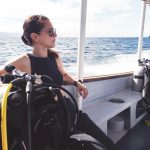
Shifting Baselines – Hong Kong, Sar
by Andi - 18th April 2024
The research team had warned us upfront about the perilous diving experience ahead. One not marked by surreal encounters with…

Mares goes to the Edges of Earth to transform online discourse with ocean good news
by Andi - 14th March 2024
Love it or hate it, social media is here to stay. And unfortunately, its general discourse has become harder to…

The Shark Trust Great Shark Snapshot is back!
by Mares - 28th June 2023
For last week of July, the Shark Trust’s citizen science initiative invites divers and snorkellers around the world to record the…
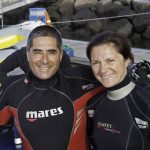
Are you looking for a mermaid?
by Franco and Sabrina - 26th May 2023
Okay then, get ready and hurry up before it's too late. Mermaids? Are you sure? All right, well, let's look…

7 easy ways to be an eco-friendly diver
by Kathryn - 6th June 2022
Whether you are diving close to home or venturing overseas, there are many easy ways you can become a more…
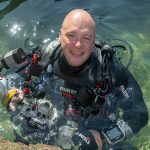
Coral Spawning and Hope in the Maldives
by Alex - 22nd November 2021
I normally plan my travel meticulously, paying special attention to the season and the lunar tidal cycle. I find this…

How Cara Lost Her Color
by Ivana and Janez - 10th December 2020
Ivana OK: What are you by profession? I’m a marine naturalist. In a complete leap of faith, I moved to…

Freshwater in salty water – Underwater springs
by Ivana and Janez - 15th October 2019
You have certainly, at some point, experienced an area where cold water rises up from the deep. It might be…

Increasing nutrient input has implications for food webs in the Arctic Ocean
by Herbert - 13th February 2018
Scientists find surprising evidence of rapid changes in the Arctic Scientists have found surprising evidence of rapid Arctic climate change:…

Ocean acidification affects mussels in early life stages
by Herbert - 11th January 2018
Marine scientists show impact of acidification on mussel larvae Shells have a hard, calcareous shell to protect themselves against environmental…

An island in the current of an endless ocean
by Franco and Sabrina - 5th January 2018
Nine islands of lava, each one different from the other; some with high coasts and fjords, inlets that seem to…

Researchers are developing a new method for restoring damaged coral reefs
by Herbert - 1st December 2017
Successful breeding and application of coral larvae For the first time, researchers have accelerated the formation of new coral colonies…

EU project Nunataryuk investigates effects of permafrost thaw
by Herbert - 27th November 2017
Fragile Arctic environment threatened by retreating permafrost Permafrost makes up a quarter of the land mass in the Northern Hemisphere.…

Storm waves from the past hold lessons for future
by Herbert - 13th November 2017
Huge boulders on coast retain clues about prehistoric storms In the Bahamas, tons of boulders have been washed onto the…

Scientists present research results on ocean acidification
by Herbert - 31st October 2017
Ocean acidification and warming affect life in the sea In November 2017, the final phase of the German research association…

Increase in melting sea ice may lead to higher food supply in Arctic
by Herbert - 26th September 2017
In the Arctic, melt ponds are formed every year when snow and sea ice melt at the end of winter.…

Underwater robot “TRAMPER” to surface after a year in the Arctic deep sea
by Herbert - 22nd August 2017
Helmholtz Alliance ROBEX tested innovative technologies on expedition On Tuesday, August 22nd, the research vessel Polarstern will set off on…

253 people creates world’s largest 3D bodypainting image
by Herbert - 21st August 2017
Last Saturday, a world record was set at Messe Wien (Viennese exhibition center). On 187 square meters, 253 people created…

Copepods rise and shine to internal genetic clocks
by Herbert - 7th August 2017
The Calanus finmarchicus is a copepod that packs a big punch. Although just two to four millimetres, this zooplankton’s genetic…

‘Weedy’ fish species to dominate future oceans due to ocean acidification
by Herbert - 24th July 2017
Such fish are “marine equivalent to rats” For the first time, researchers at University of Adelaide have demonstrated that the…

Temperatures in Arctic archipelago may soon rise beyond freezing point
by Mares - 10th July 2017
Scientist predict that the Arctic archipelago of Svalbard may experience above-freezing temperatures for the first time on record, as a…

Glacial retreat accelerated by meltwater lakes under Antarctic Ice Sheet
by Herbert - 4th July 2017
During the last glacial period, the ice in the Antarctic was thicker and extended farther offshore than it does today.…

Rabbitfish as trojan horses
by Herbert - 2nd June 2017
Researchers identify fish’s role in movement of invasive species. For some time, invasive species have been spreading from Indo-Pacific to…

Corals create structures to promote reef recovery
by Herbert - 31st May 2017
Complex underwater structures catch coral larvae Scientists have discovered that coral larvae are dependent on their parents. By creating nooks…

How are whales and dolphins doing in Europe?
by Mares - 24th May 2017
New population estimates released Ten EU Member States have carried out a survey of the distribution and abundance of whales…

Kiel Fjord as training ground for mussels
by Mares - 4th May 2017
Genetic adaptation likely to have occurred over many generations Mussels from the Kiel Fjord were discovered to be able to…

Researchers gather at Great Barrier Reef to study latest coral bleaching
by Mares - 21st March 2017
Aerial and underwater surveys to be conducted As coral bleaching strikes the Great Barrier Reef for the second year in…

Biorock project Curacao
by Herbert - 27th February 2017
Artifical reefs help to preserve valuable ecosystemsCuracao's intact coral reefs belong to the most popular attraction for divers and snorkelers.…

Elevated carbon dioxide levels impairs cone snails’ hunting skills
by Mares - 7th February 2017
Cone Snails become hyperactive and “meandered around” Cone snails are expected to find it hard to catch their prey if…

Studying the effects of coastal erosion in the Arctic
by Mares - 18th January 2017
The thawing and erosion of the arctic permafrost coasts has increased so drastically in the past that more than 20…

Kelp along Southern California coastline resisted warmer temperatures
by Mares - 16th December 2016
In early 2014, when a large-scale heat wave in the Pacific Ocean produced temperature anomalies greater than anything seen since…

Different coral communities differ in their ability to adapt to new environments
by Mares - 17th November 2016
For the first time, scientists at The University of Texas at Austin have observed separate populations of corals diverging in…

Germany proposes protection for Weddell Sea
by Mares - 20th October 2016
The European Union has submitted a request for a marine protected area (MPA) to be established in the Weddell Sea.…

Photo exhibition on ocean acidification opens at GEOMAR
by Mares - 27th September 2016
A new photo exhibition by two nature photographers centres on the organisms on which climate change research is currently focused…

Two-thirds of zooplankton at tropical coral reefs lost to ocean acidification
by Herbert - 24th September 2016
Ocean acidification can fundamentally change the structure of the reef Tropical coral reefs can lose up to two-thirds of their…

Arctic sea ice at its second-lowest ever this September
by Mares - 16th September 2016
In September 2016, the surface of the Arctic sea ice shrank to nearly 4.1 million square kilometres – the second…

IUCN Report: “We are making the world sick”
by Mares - 9th September 2016
Drastic changes within the marine environment Since the 1970s, the oceans have absorbed more than 93 percent of the enhanced…

Ocean acidification puts cod larvae in Atlantic under threat
by Mares - 27th August 2016
Population of cod has come into increasing pressure The increased acidification of the ocean may lead to twice as many…





